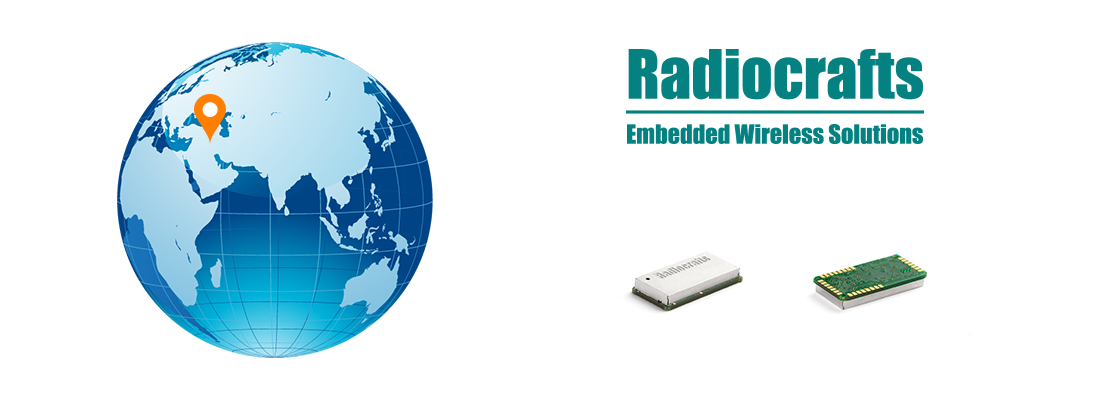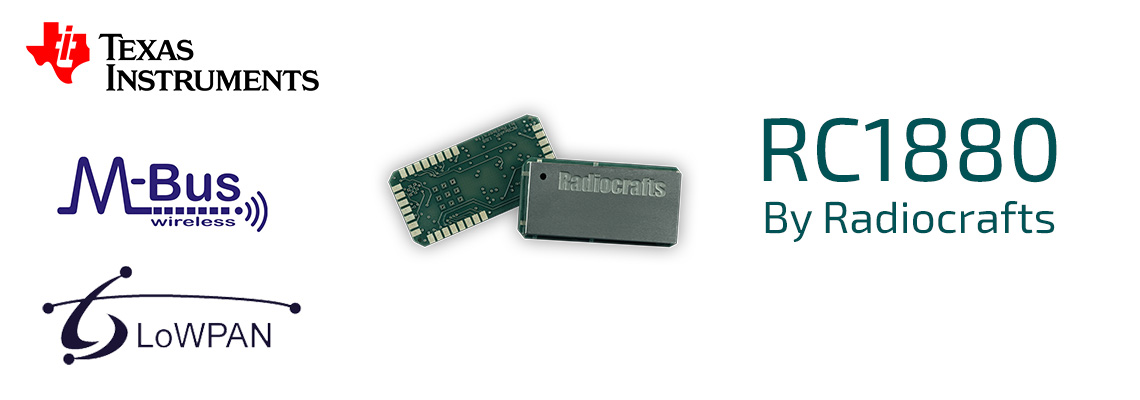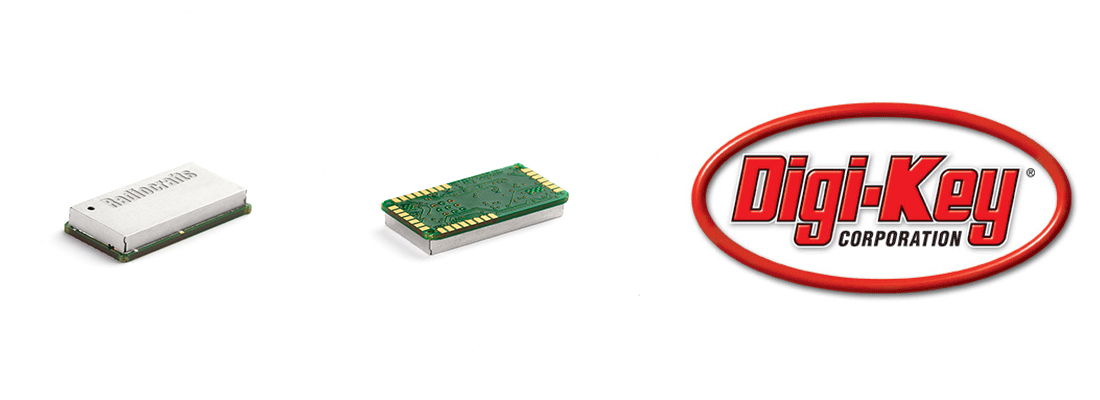What Are The Advantages of IPv6?
IPv4 has been the reigning Internet Protocol version for several decades now, even to this date. The IPv4 address space is 32-bits which allows for just over 2^32, or, 4 billion addresses which, up until now, has been sufficient. Recently, we are seeing a trend where virtually everything and anything is connected to the internet. … Read more









